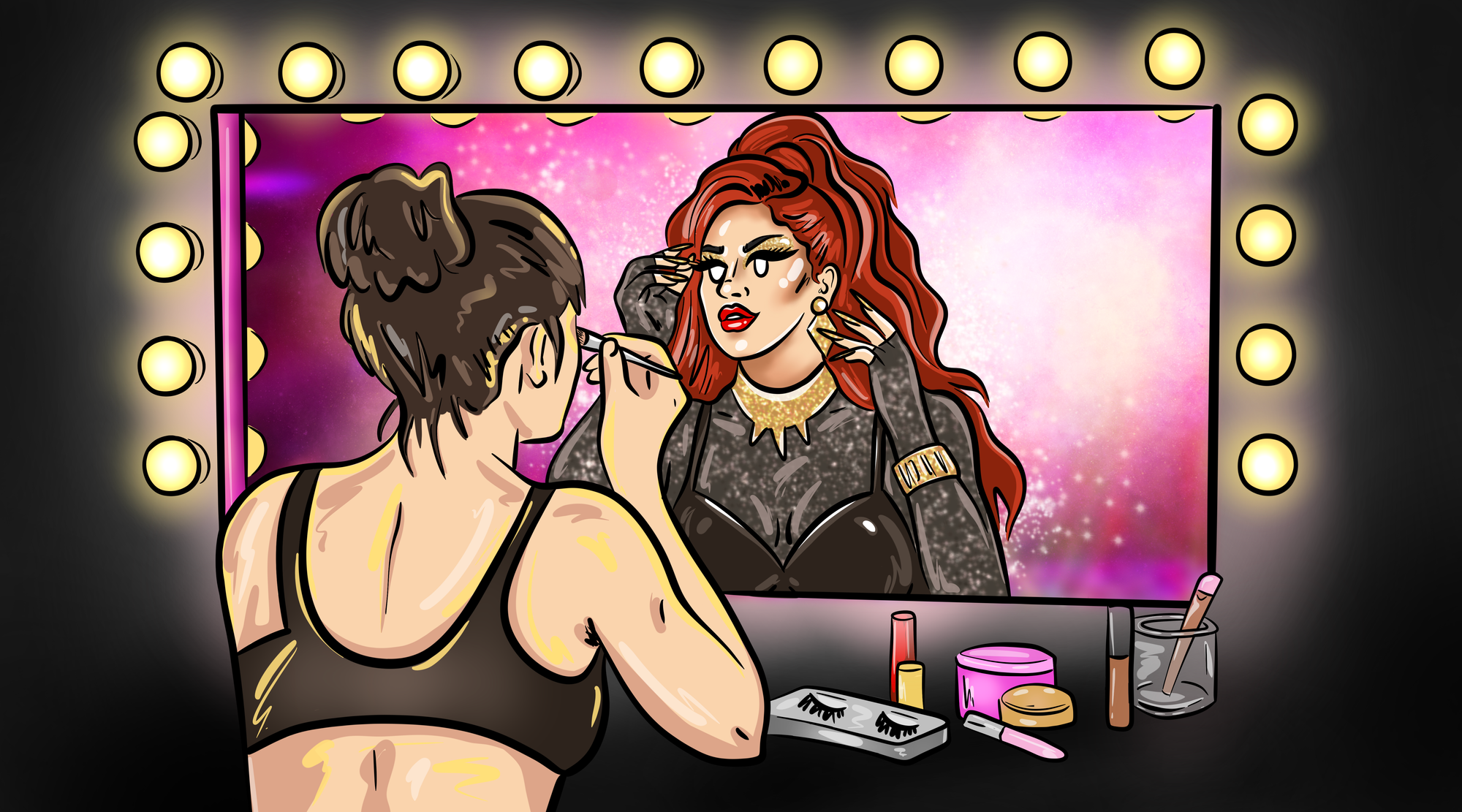I was invited to sit on a panel at a local law school earlier this year. The panel was intended to be a continuing education for law students, the topic was the criminal justice system’s response to trafficking. The professor who asked me to be on the panel was well-intended; though not a sex worker herself, she understood that sex work is not the same as sex trafficking and that sex trafficking laws do more to criminalize sex work and sex workers than they do to protect sex trafficking victims. Her impulse – that sex worker voices should be part of the conversations that impact their livelihoods – was a good one.
But intentions are not the only things that matter, and unfortunately, even good intentions can lead to bad outcomes when we are talking about the issues surrounding sex work. In this case, shortly after accepting the invitation, it was withdrawn because my presence “could pose a problem for the state and federal prosecutors on the panel to be co-panelists with [me] as a public figure who engages in, among other professional accomplishments and economic activities, sex work.”
Intentions are not the only things that matter, and unfortunately, even good intentions can lead to bad outcomes when we are talking about the issues surrounding sex work.
This (un)invitation can be read a couple of different ways, the least generous of which is that these co-panelists knew that they were going to present their anti-trafficking policing efforts to the law students in a biased way. It would be very hard to paint themselves as heroes who are working to save vulnerable victims when a sex worker rights advocate – well-versed in anti-trafficking rhetoric and policing – is sitting next to them saying that their efforts are at best in vain, and at worst, dangerous. I certainly don’t need saving, and those who work in the sex industry who do want or need help surely don’t see cops as their saviors, and for good reason.
A more likely interpretation, though, is that given the way that sex work is criminalized in the United States, they would feel very conflicted sitting next to me – and thus being seen as equals in terms of expertise – on a panel knowing that in other circumstances, ones that aren’t out of the realm of possibility, they would arrest me. But herein lies one of the many problems with criminalization.
If I can’t speak on this panel about the way that policing impacts my life and the lives of my sex-working comrades without incriminating myself to people who have the authority to arrest me, I am effectively silenced. In this sense, these law students aren’t being educated, they are being indoctrinated. They are only seeing one side of the story, and those in power – in this case, the state and federal prosecutors – have shaped the narrative. The problem here is systemic. While sex worker rights activists repeat our oft-cited mantra “nothing about us without us,” this doesn’t work when “with us” endangers us.
If I can’t speak on this panel about the way that policing impacts my life and the lives of my sex-working comrades without incriminating myself to people who have the authority to arrest me, I am effectively silenced.
We can demand a seat at the table all we want, but if we know that the other folks at the party have the power to ruin our lives, we may think twice before showing up with a side dish. In this case, there is a sense in which they did me a favor; this situation wasn’t safe for me.
And yet, every sex worker can tell you that the way that sex work is being framed by the very people on this panel is wrong. Not only does it not represent our interests, but it also doesn’t meet its own purported ends. The criminal justice response to trafficking leads to the arrest and deportation of sex workers and trafficking victims alike and makes selling sex, under any set of conditions, less safe. No one involved in this event was talking “about us” in a way that benefited us or our safety.
The professor who invited me wanted to do right by sex workers and wanted our voices to be heard by those who were going to go on to have careers in the legal system. While this is commendable on many levels, it is also naive. Indeed, she failed on multiple fronts. First, she didn’t take into consideration the position she was putting me in. Had she told me that the other panelists were prosecutors, and not, say, academics, which is who I had in mind, I would have not agreed to be on the panel in the first place. Moreover, she failed to recognize how fraught the politics of anti-trafficking and sex work is in a post-FOSTA/SESTA world. You cannot just throw active sex workers into the ring with cops, frame it as an educational panel, and expect it to be safe or productive.
No one involved in this event was talking “about us” in a way that benefited us or our safety.
The solution to this problem, however, is not to simply tell sex workers to stay home. The way these laws are being shaped and enforced impacts everything about our lives. Instead, allies of sex workers need to use their power to create safer events where our voices can be elevated without risk to our safety, where speaking our truth doesn’t put us in harm’s way. This could have taken many different forms, but one that I am certain of is that it would need to start with asking sex workers what we want and what we need.
A law professor who has read about the impacts of trafficking policies on sex workers doesn’t experience the same visceral fear that I do when planning this event. She knows that sex workers need to be heard, but she doesn’t intuitively understand that this dance is a delicate one. She can’t – living under criminalization and stigmatization is something that you cannot know until you do. She would’ve had to recognize what the limits of her knowledge were, and she would have had to come to me or to other sex workers to ask us how we want to be represented at this event. And had it happened the way that it did, she would have had to be comfortable demanding a parallel event for us, one where our voices are given just as much weight as the systemically privileged voices on the original panel.
My advice is simple. “Nothing about us without us” still holds, But we can’t simply be asked to give our labor and our knowledge away for free once the events are already set. Instead, we should be involved at every step of the planning process, and we should be paid for our expertise. After all, they cannot do this without us. At least, not well.
Are you a sex worker with a story, opinion, news, or tips to share? We'd love to hear from you!
We started the tryst.link sex worker blog to help amplify those who aren't handed the mic and bring attention to the issues ya'll care about the most. Got a tale to tell? 👇☂️✨




